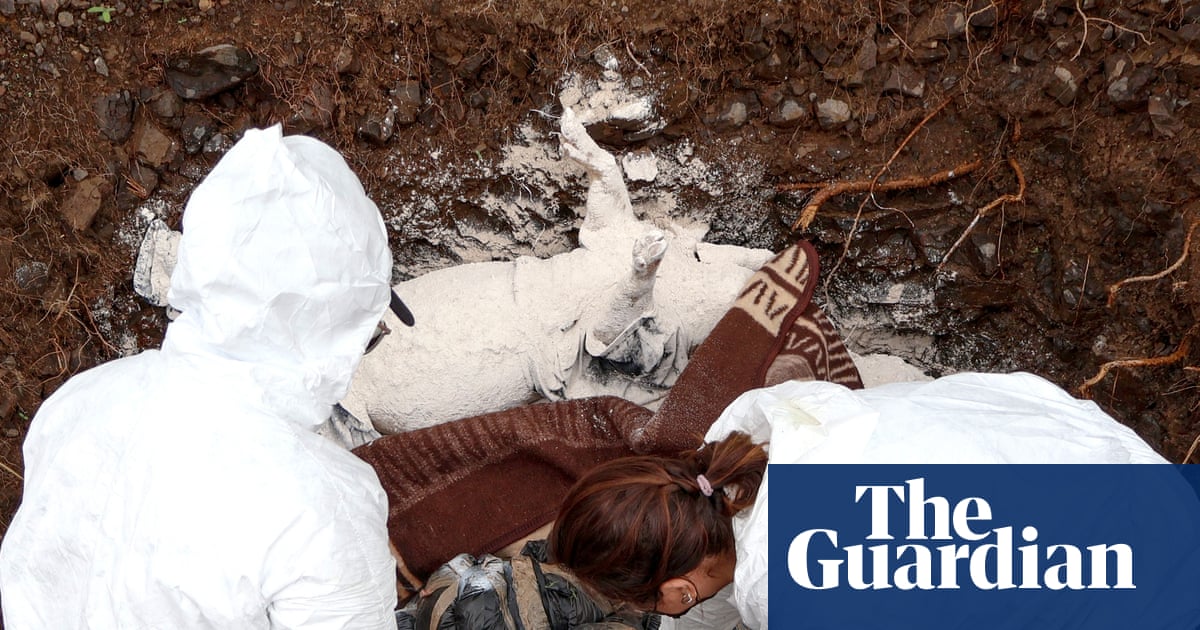
"Six years ago, Guadalupe Ayala was left distraught after her 25-year-old son, Alfredo Ezequiel Campos, was taken from his home in Tlajomulco. It was another name added to the list of more than 15,000 people recorded as missing in the western Mexican state of Jalisco. In the state capital, Guadalajara, a major traffic junction plastered with posters of missing people has been renamed the roundabout of the disappeared. There are more than 100,000 missing people in Mexico"
"One of the things that made me cry most was when it said he had been exposed to the elements, especially to the cold Guadalupe Ayala Discovering the fate of missing loved ones can be fraught with danger, with relatives threatened or killed for trying to find their relatives. They can also become dependent on contact with organised crime groups for tip-offs about locations where rival groups have buried bodies."
Guadalupe Ayala’s 25-year-old son, Alfredo Ezequiel Campos, was taken from his home in Tlajomulco and added to thousands recorded missing in Jalisco. There are more than 100,000 missing people in Mexico, with most believed abducted by organised crime groups and drug cartels and many unreported for fear of retribution. Relatives searching for the disappeared face threats, killings, and dependence on criminal tip-offs about burial locations. Local volunteer groups and state authorities started a project burying pig carcasses across 16 plots at the University of Guadalajara to replicate vegetation and decomposition under varied conditions. Each plot simulates scenarios such as bodies wrapped in blankets, dismemberment, cremation, or burial under stones, with two empty plots for comparison. Pigs are used because of anatomical, genetic and physiological similarity to humans, enabling study of indicators that reveal burial sites.
Read at www.theguardian.com
Unable to calculate read time
Collection
[
|
...
]